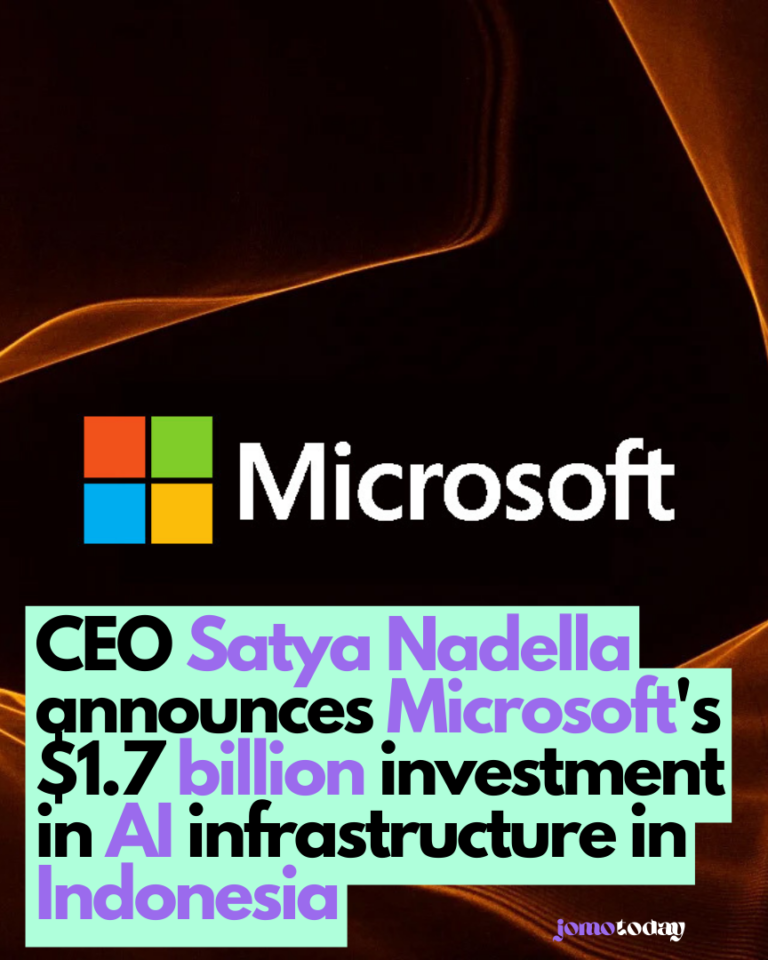Certain investments are restricted for Americans unless they have an annual income of $200,000 or possess a net worth exceeding $1 million. However, they have the liberty to engage in gambling activities.

Gambling is on the rise in the United States, with new casinos emerging in various locations beyond Las Vegas, and even professional sports leagues are embracing sports betting, despite previous opposition. However, while gambling is widely accessible to the general public, other investment opportunities like startup investing are not.
Venture capital funds and those investing in collectible art are also limited to “accredited investors.” These laws restrict such investments to individuals deemed “sophisticated investors,” based not on knowledge or experience but on wealth. To qualify, one must have an annual income of at least $200,000 or a net worth exceeding $1 million, criteria significantly higher than the median American income.
Someone’s level of knowledge about investing is inconsequential. This implies that a 60-year-old inheriting a family construction business can invest in AI startups just as freely as a 24-year-old with a machine learning degree can’t.
Disregarding the inconvenient reality that many financial disasters involve interactions among affluent individuals — such as Lehman Brothers, Bernie Madoff, and Silvergate Bank — laws aimed at safeguarding against such calamities are often criticized as classist and unjust. These regulations ostensibly protect ordinary citizens from high-risk investments, yet they are enforced by the same governmental bodies that encourage participation in lotteries with abysmal odds, effectively functioning as a regressive tax on the less affluent.
This disparity contributes significantly to wealth inequality. A major factor in the widening gap between the rich and the rest is the consistent outperformance of asset prices compared to wages. Essentially, those who accumulate wealth through investments have seen greater gains than those reliant on labor income. Moreover, while various investment avenues have shown growth in recent decades, those accessible primarily to the wealthy have seen the most significant returns.
Crypto, particularly Bitcoin (BTC) and Ethereum (ETH), has been a notable outlier in the investment landscape. Both have not only been accessible to the public but have also shown remarkable performance. Ethereum’s initial coin offering (ICO) democratized fundraising, but the U.S. government later declared it unlawful, not due to any harm caused but because it allowed ordinary individuals to participate. Despite Ethereum Foundation’s adherence to regulations, the government’s stance implied that the staggering returns primarily benefited those who were already financially privileged.
These regulations are one factor pushing many crypto projects towards fundraising solely from venture capital funds (whose investors must be accredited) or angel investors (also requiring accreditation). They’re also why many crypto projects limit who can participate in their airdrops. Ostensibly, the government cites protection as its motive. However, it seems incongruous when the same government allows complex same-day sports betting promotions to reach vast audiences. While over half of Americans reportedly gamble annually, less than 20% qualify as accredited investors.
Cryptocurrency often acts as a reflection of our societal norms, prompting us to scrutinize the current workings of our systems because now we have an alternative. While we often consider this reflection in terms of technology, some of its most striking images are of our aging legal and regulatory structures. It’s not the most flattering portrayal.
Read More: Ethereum remains below $3,900, why?
Disclaimer:
This content is AI-generated using IFTTT AI Content Creator. While we strive for accuracy, it’s a tool for rapid updates. We’re committed to filtering information, not reproducing or endorsing misinformation. – Jomotoday for more information visit privacy policy






Leave a Comment